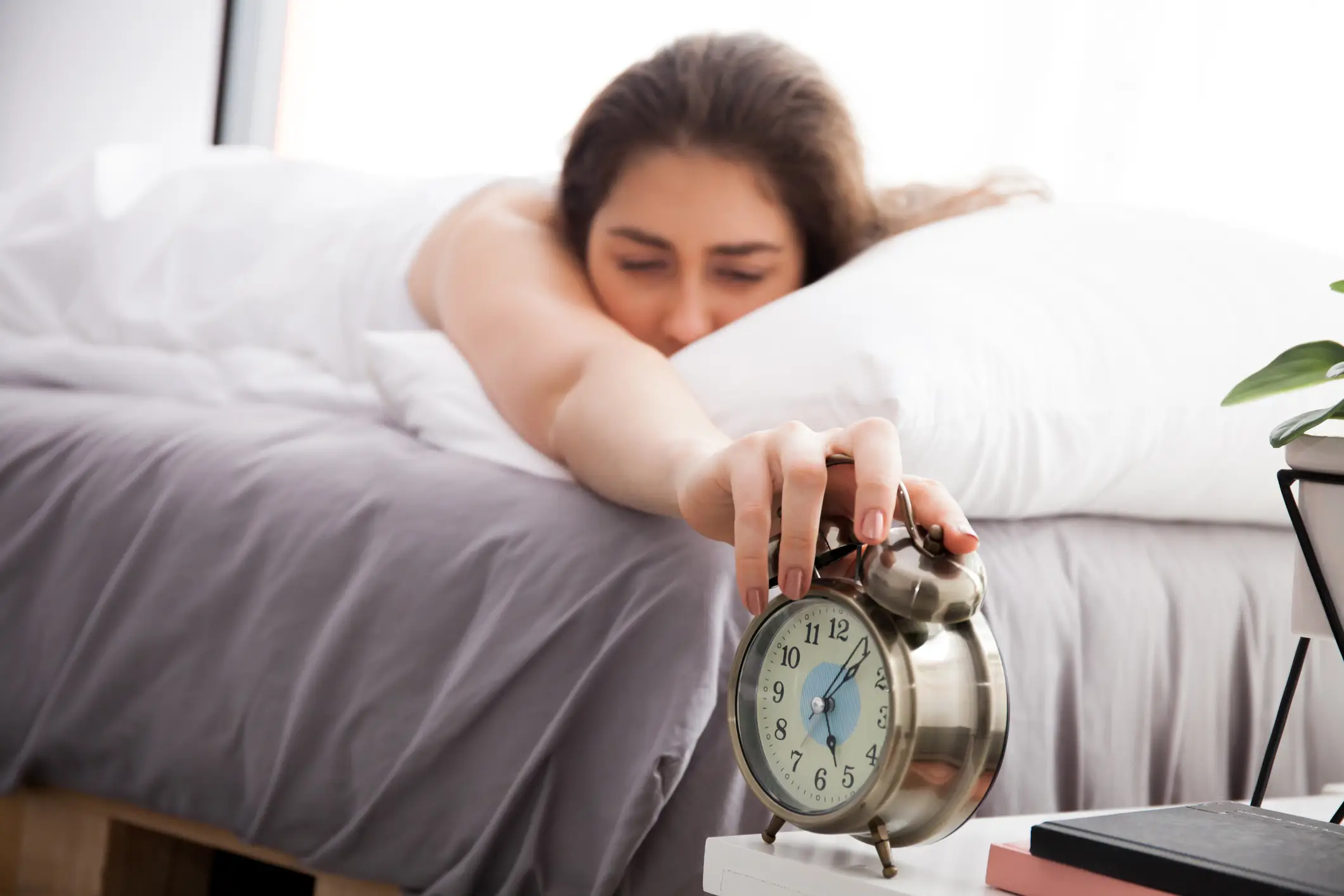
The debate on whether it's better to be an early riser or a night owl is one that has raged on for decades.
Most people will tell you that being an early riser is the ideal we should all strive for. Waking up early in the morning means you can make the most of daylight hours and start your day off on a productive foot.
However, bonafide night owls will insist that waking up at the crack of dawn just isn't doable for them and that they'd much rather burn the midnight oil in order to check off their to do lists.
Early risers tend to get a better image, as their sleep schedules do correspond with the typical 9-5 workday after all, but is it more beneficial to be a night owl or an early riser?
Advert

The science behind early birds and night owls
The idea of someone being an early bird, a night owl or most likely somewhere in-between comes from the idea of chronotypes - which is basically your body's natural urge to sleep at a certain time.
Researchers have identified four different chronotypes - bear, wolf, lion and dolphin - with the 'lion' being closest to your typical early bird and wolf best resembling a night owl.
Most people who fall in the middle are represented by bears, people who follow the typical night/day pattern, whereas the unlucky souls who can't sleep at all are dolphins.
So which is better: early bird or night owl?
Well, it depends on who you ask.
Researchers have long argued that early risers are happier and healthier than their late night counterparts, according to a 2012 study conducted by Renée Biss and Lynn Hasher from the University of Toronto, but this may not be entirely the case.
A new study, led by researchers at Imperial College London examined data from a group of 26,000 participants who completed tests of intelligence, reasoning, reaction time and memory tests.
And look away early risers because night owls have outperformed you on this study. The data showed that individuals who identified as night owls outperformed early risers, while those align somewhere in the middle also outperformed the early morning group.

However, Raha West, one of the authors of the study, said this doesn't mean early risers should be rushing to drastically adjust their sleep schedule.
"It's important to note that this doesn't mean all morning people have worse cognitive performance," she said.
"The findings reflect an overall trend where the majority might lean towards better cognition in the evening types. While it’s possible to shift your natural sleep habits by gradually adjusting your bedtime, increasing evening light exposure, and keeping a consistent sleep schedule, completely changing from a morning to an evening person is complex."